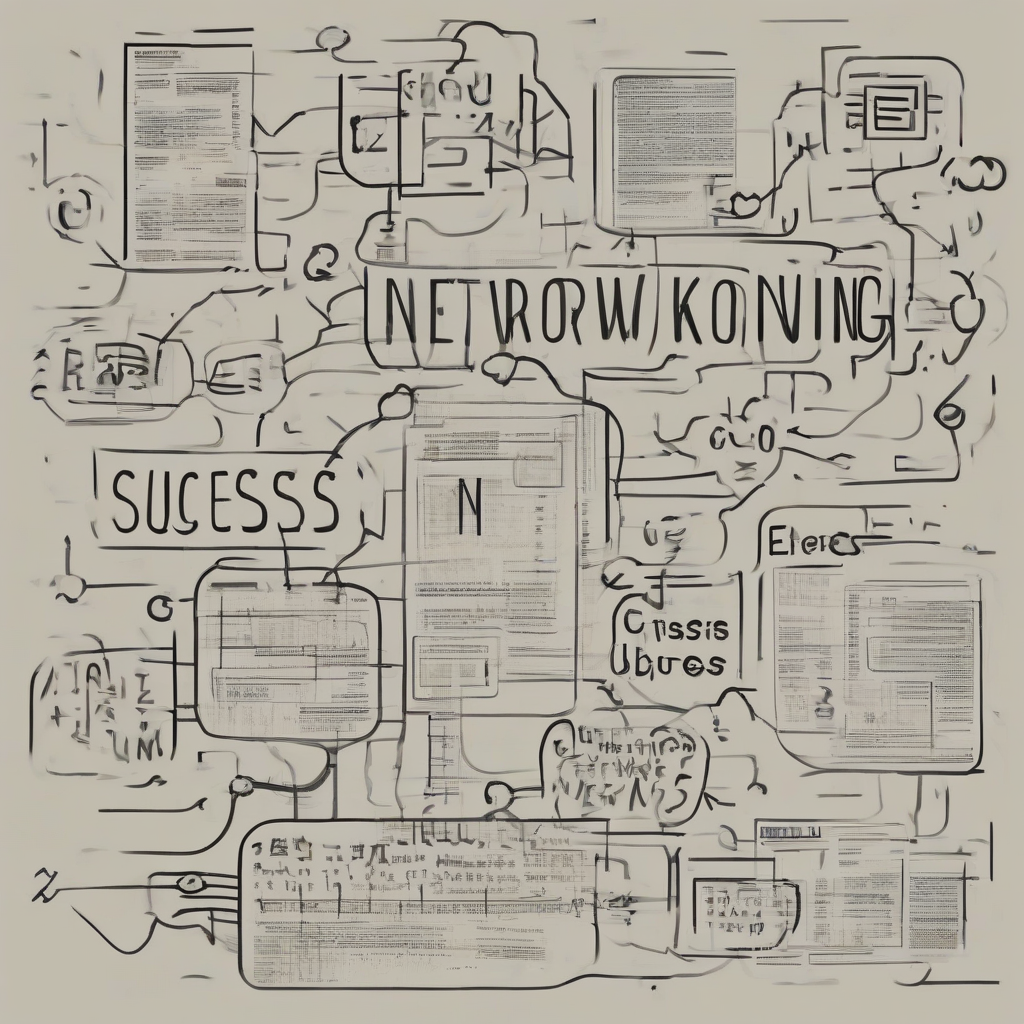Unlock Your Potential: A Comprehensive Guide to Online Networking Classes
In today’s interconnected world, networking is no longer a luxury but a necessity. Whether you’re aiming to advance your career, build a successful business, or simply expand your professional circle, strong networking skills are paramount. Fortunately, the digital age has opened up incredible opportunities for learning and refining these skills through online networking classes. This comprehensive guide delves into the benefits, types, and selection process of choosing the right online networking course for your specific needs.
The Advantages of Online Networking Classes
- Flexibility and Convenience: Online courses offer unparalleled flexibility. Learn at your own pace, on your schedule, from anywhere with an internet connection. This is particularly beneficial for busy professionals who may struggle to attend in-person workshops or seminars.
- Accessibility and Affordability: Online classes often offer a wider range of price points compared to traditional in-person options. They also eliminate geographical barriers, making high-quality networking education accessible to individuals worldwide.
- Diverse Learning Styles: Online platforms cater to various learning styles through interactive exercises, video lectures, downloadable resources, and online forums. This personalized approach ensures a more effective learning experience.
- Structured Learning: Unlike informal networking events, online classes provide a structured curriculum. This ensures you learn key networking concepts and strategies in a systematic and comprehensive manner.
- Interactive Learning Environments: Many online courses incorporate interactive elements like live Q&A sessions, online discussions, and peer-to-peer learning opportunities. This allows for real-time feedback and engagement with instructors and fellow learners.
- Recorded Content: Most online courses provide access to recorded lectures and materials, allowing you to review the content at your convenience and reinforce your learning.
- Networking Opportunities Within the Course: Online networking classes frequently foster a sense of community among participants. This provides opportunities to connect with fellow learners, potential collaborators, and mentors.
Types of Online Networking Classes
The online landscape offers a diverse range of networking courses, catering to various skill levels and professional goals. Some common types include:
- Beginner Networking Courses: These courses focus on foundational networking skills, such as building rapport, making a strong first impression, and initiating conversations. They are ideal for individuals who are new to networking or those seeking to refresh their fundamental skills.
- Advanced Networking Courses: These courses delve into more sophisticated networking strategies, such as leveraging social media for networking, crafting compelling elevator pitches, and navigating high-stakes networking events.
- Industry-Specific Networking Courses: These courses tailor networking strategies to specific industries, providing valuable insights and context relevant to your professional field.
- Networking for Specific Goals: Some courses focus on networking for specific objectives, such as job searching, business development, or public speaking.
- Online Networking Workshops and Seminars: These shorter, more focused sessions often cover a specific aspect of networking, like using LinkedIn effectively or mastering the art of small talk.
- Networking Courses Incorporating Social Media: These courses help learners leverage platforms like LinkedIn, Twitter, and Facebook to expand their professional networks and build online presence.
Choosing the Right Online Networking Class
Selecting the right online networking class requires careful consideration of several factors:
- Your Current Skill Level: Assess your existing networking skills to determine if you need a beginner, intermediate, or advanced course.
- Your Learning Style: Consider your preferred learning methods – visual, auditory, or kinesthetic – and choose a course that aligns with your style. Look for courses that utilize a variety of learning materials.
- Course Content and Curriculum: Carefully review the course syllabus to ensure it covers the topics relevant to your networking goals. Look for courses that provide practical, actionable strategies.
- Instructor Expertise and Credentials: Research the instructor’s background and experience. A qualified instructor with proven expertise in networking will provide valuable insights and guidance.
- Student Reviews and Testimonials: Read reviews from past students to gain insights into the course’s quality, effectiveness, and overall learning experience. Look for feedback on the instructor’s teaching style, course materials, and support provided.
- Course Format and Structure: Consider the course format (live online, self-paced, etc.) and structure (lectures, assignments, interactive exercises) to ensure it fits your schedule and learning preferences.
- Cost and Value: Weigh the cost of the course against the potential benefits and return on investment. Consider the course’s reputation, instructor credentials, and the value of the knowledge and skills you’ll gain.
- Platform and Technology: Ensure the online platform is user-friendly and compatible with your devices. Check for technical support and accessibility features.
- Community and Networking Opportunities: Look for courses that offer opportunities to interact with other learners and instructors, fostering a sense of community and potential networking within the course itself.
Maximizing Your Learning Experience
To maximize the benefits of your online networking class, consider the following:
- Active Participation: Engage actively in class discussions, ask questions, and participate in group activities. This will enhance your learning and help you connect with other participants.
- Practice and Application: Apply the strategies and techniques you learn in the course to real-world situations. Practice your networking skills regularly to reinforce your learning and build confidence.
- Networking Beyond the Classroom: Use the knowledge and skills you gain to expand your network beyond the confines of the online course. Connect with fellow learners, instructors, and other professionals in your field.
- Continuous Learning: Networking is an ongoing process. Stay up-to-date on the latest networking trends and best practices through continued learning and professional development.
- Seek Feedback: Actively seek feedback on your networking skills from mentors, colleagues, and peers. This will help you identify areas for improvement and refine your approach.
- Set Realistic Goals: Define clear, achievable goals for your networking efforts. This will provide focus and motivation throughout your learning journey.
- Track Your Progress: Monitor your progress and celebrate your successes along the way. This will help you stay motivated and maintain momentum.
- Embrace Failure as a Learning Opportunity: Not every networking interaction will be successful. Learn from your mistakes and use them as opportunities for growth and improvement.
Beyond the Classroom: Leveraging Online Resources
Even after completing your online networking class, numerous online resources can help you refine and expand your skills:
- Professional Networking Platforms (LinkedIn, etc.): Actively engage with these platforms to connect with professionals in your field, participate in discussions, and share your expertise.
- Online Articles and Blogs: Stay updated on the latest networking trends and best practices through reputable online publications.
- Podcasts and Webinars: Listen to podcasts and attend webinars to learn from industry experts and expand your knowledge base.
- Online Communities and Forums: Engage with online communities and forums to connect with other professionals and share insights.
Conclusion (Omitted as per instructions)




